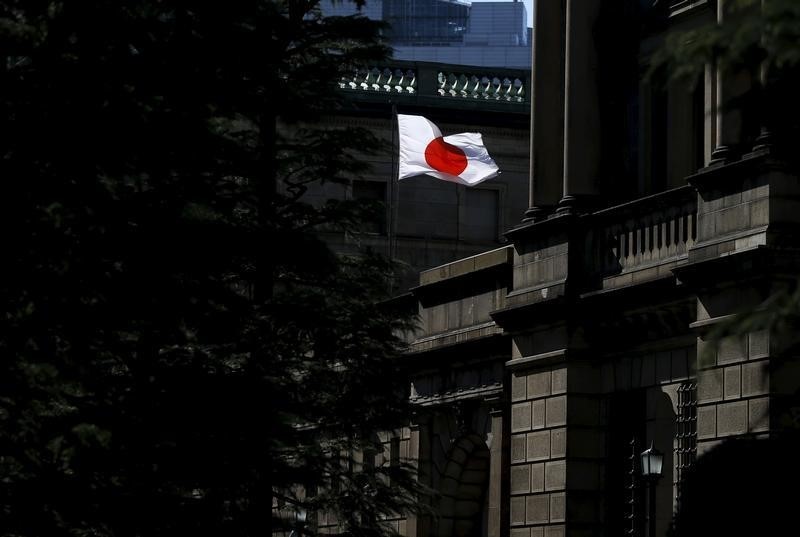Street Calls of the Week
Investing.com - Bank of Japan (TYO:8301) policymakers recently discussed the nation's progress in moving toward consistently reaching its 2% inflation objective, as indicated by a summary from their April meeting. This was the first gathering led by newly appointed Governor Kazuo Ueda.
The nine-member board also considered potential side effects stemming from the bank's bond yield control policy and debated possible consequences if interest rates were to increase in the future. These discussions signal that members are becoming more receptive to considering future changes in monetary policy.
Some participants noted indications that Japan's economy is on track to establish a positive cycle involving wage growth and inflation. They emphasized the importance of accurately assessing these trends so that any adjustments made to monetary policy do not lag behind current economic conditions.
Despite these developments, board members agreed on maintaining an ultra-accommodative stance for now due to uncertainties surrounding global economic prospects and whether recent pay increases would persist into next year or beyond.
In their April meeting, the BOJ maintained its low-interest-rate approach but introduced plans to evaluate previous monetary policies. This could pave the way for Governor Ueda to progressively phase out his predecessor's extensive stimulus program over time.
As part of its yield curve control strategy, the central bank sets a short-term interest rate target at -0.1% while capping ten-year bond yields around zero – all aimed at boosting economic growth and achieving sustainable two-percent inflation levels.
